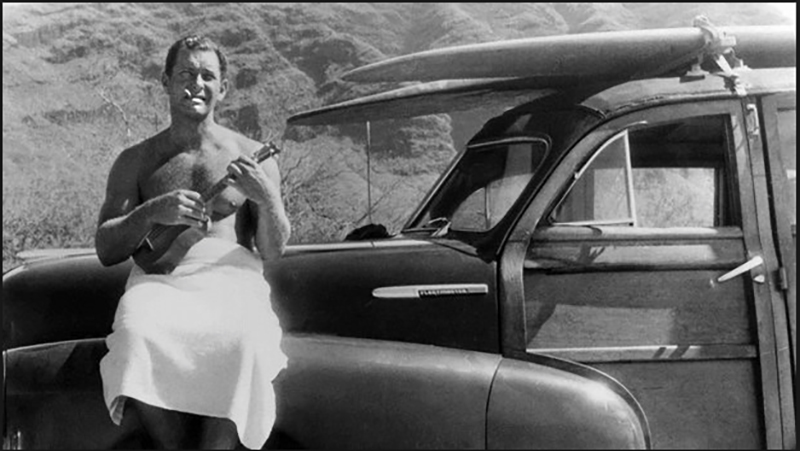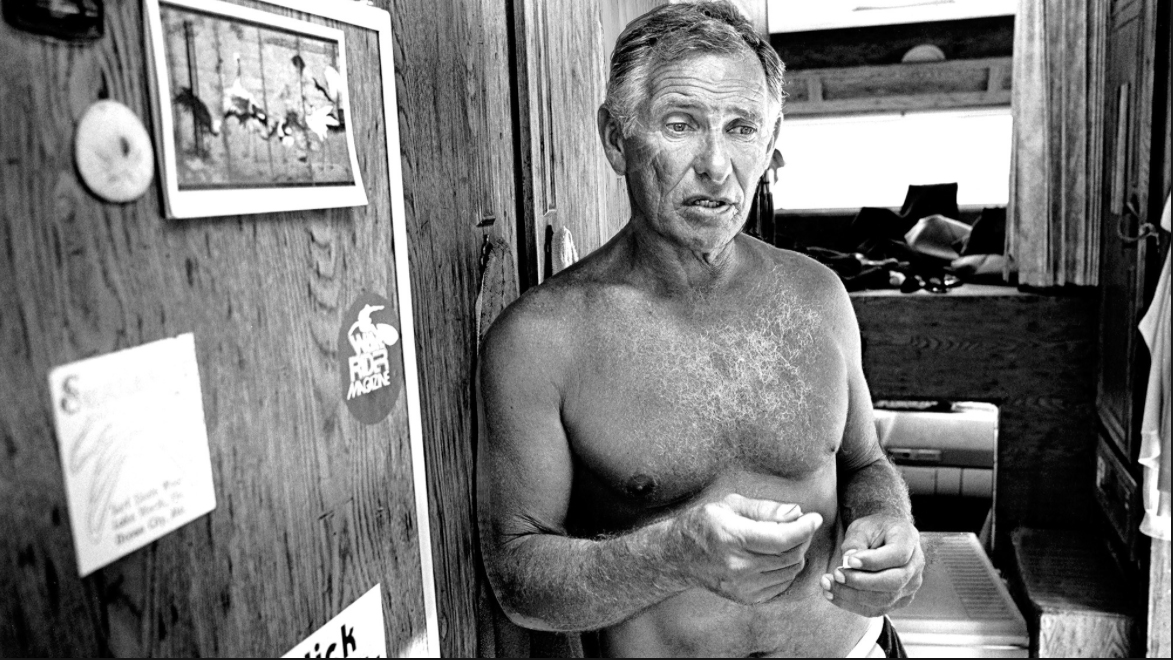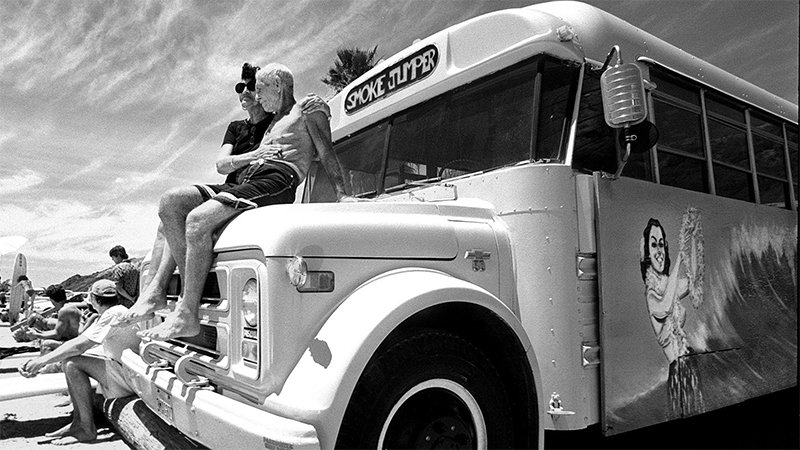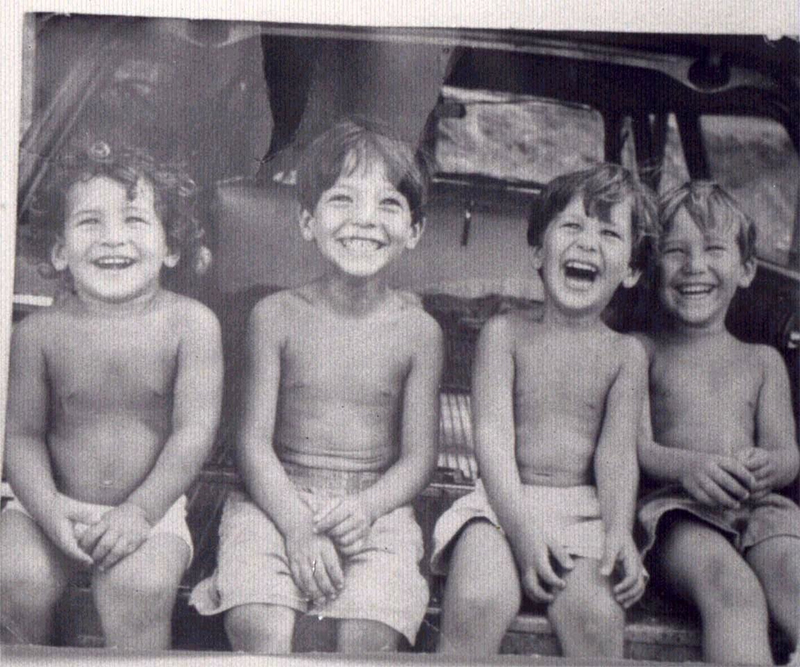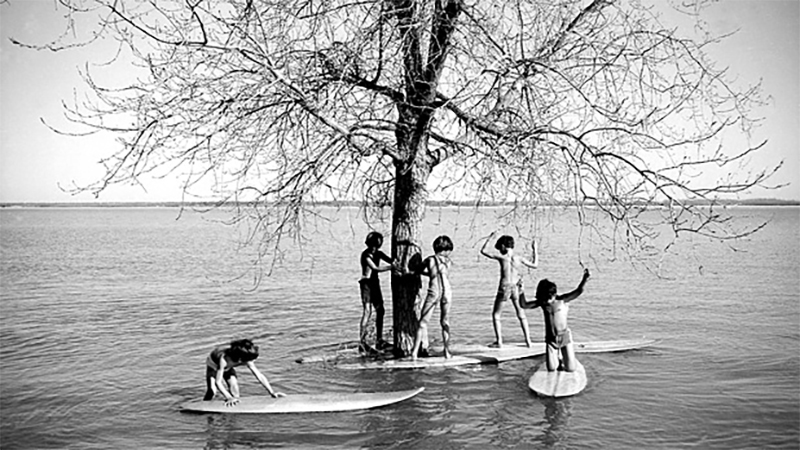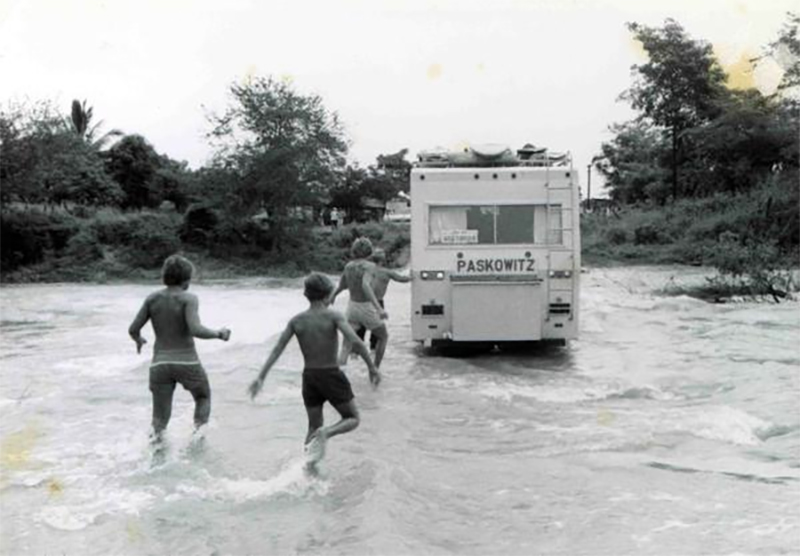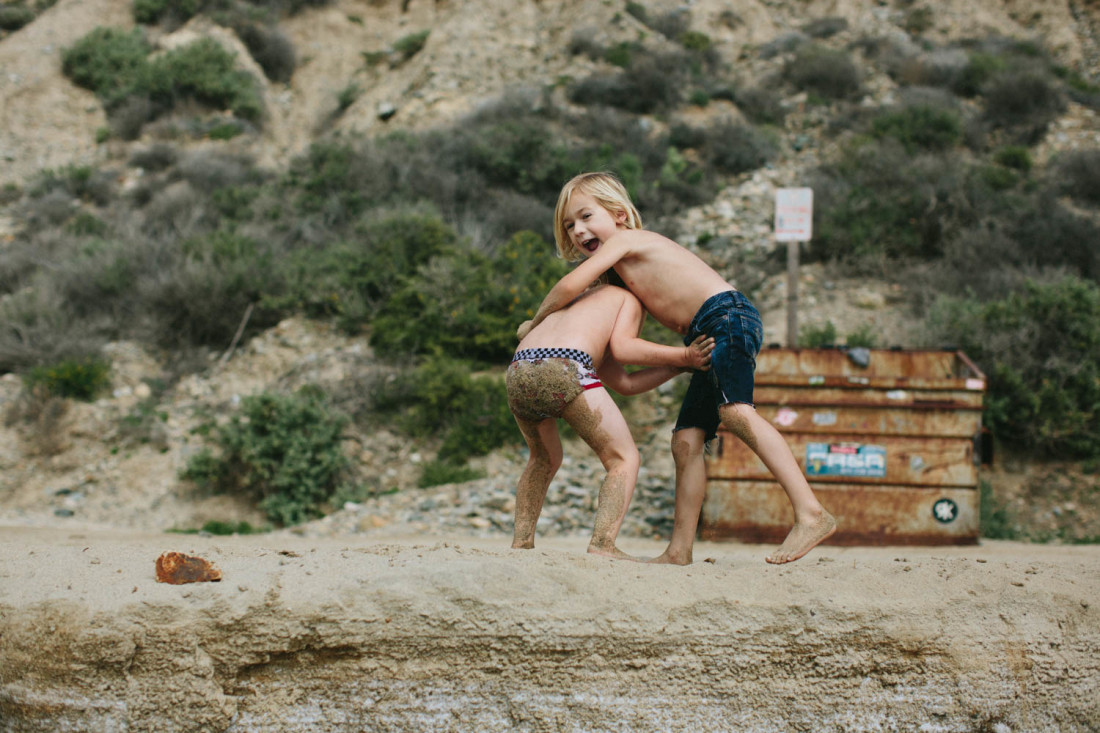
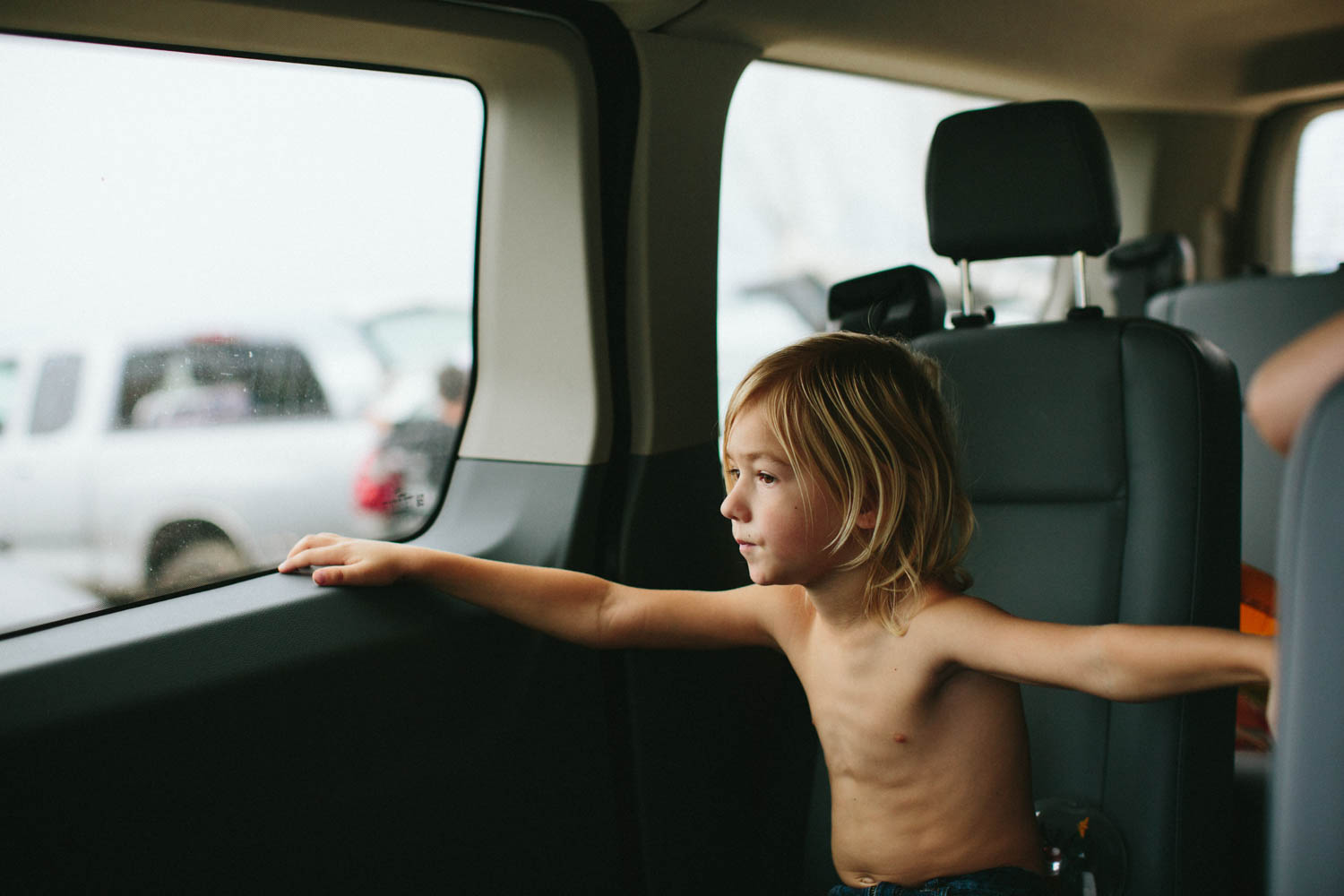
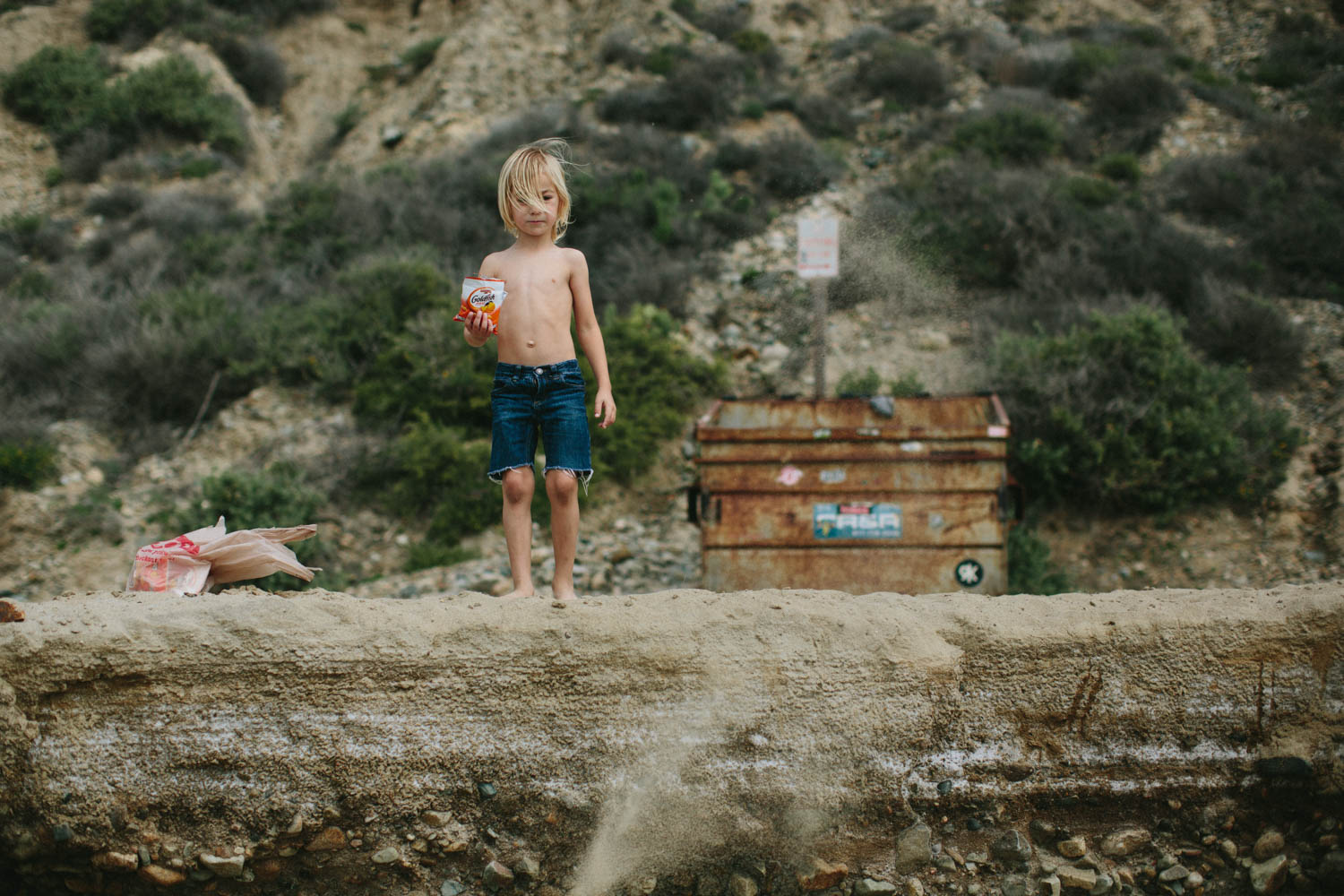
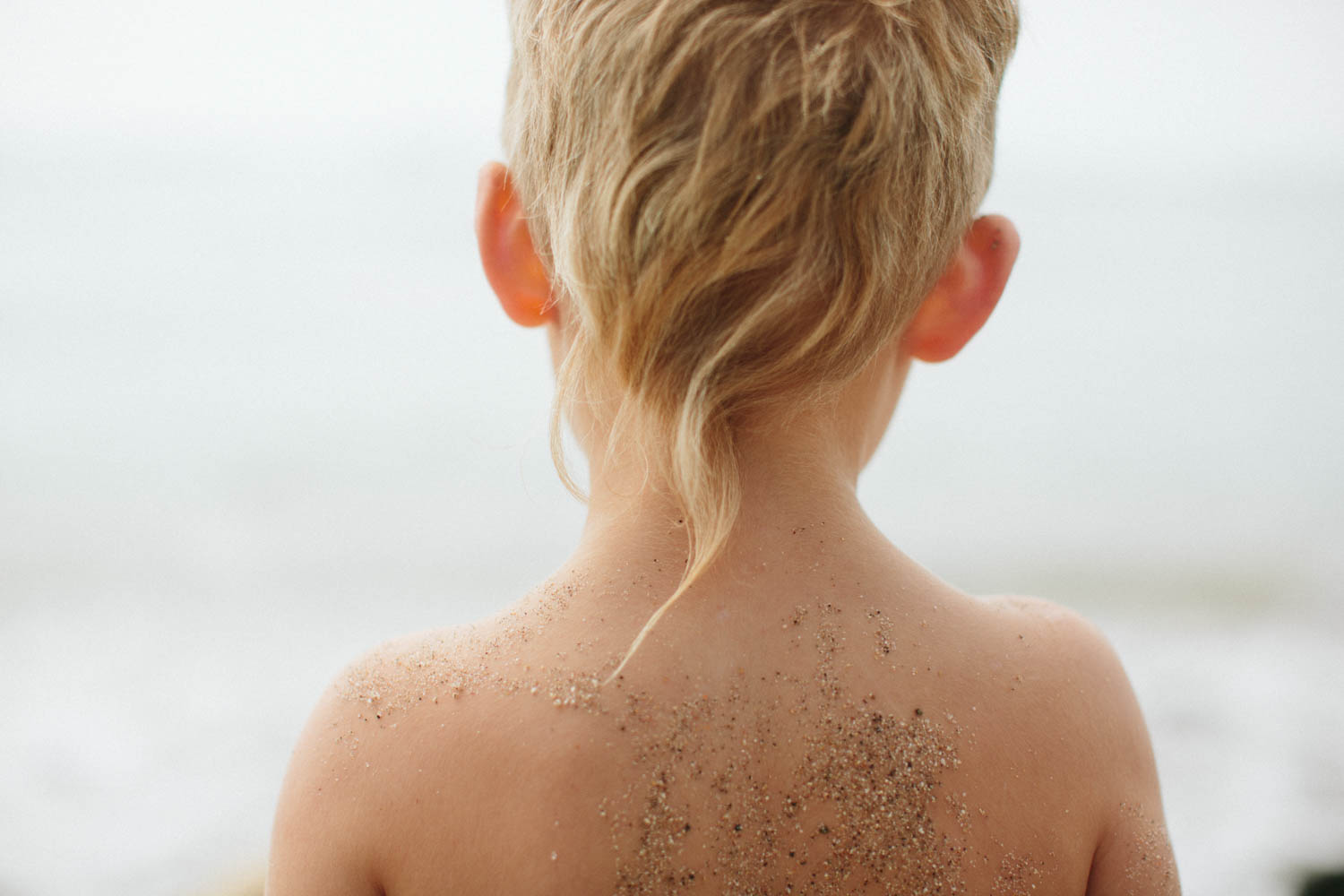
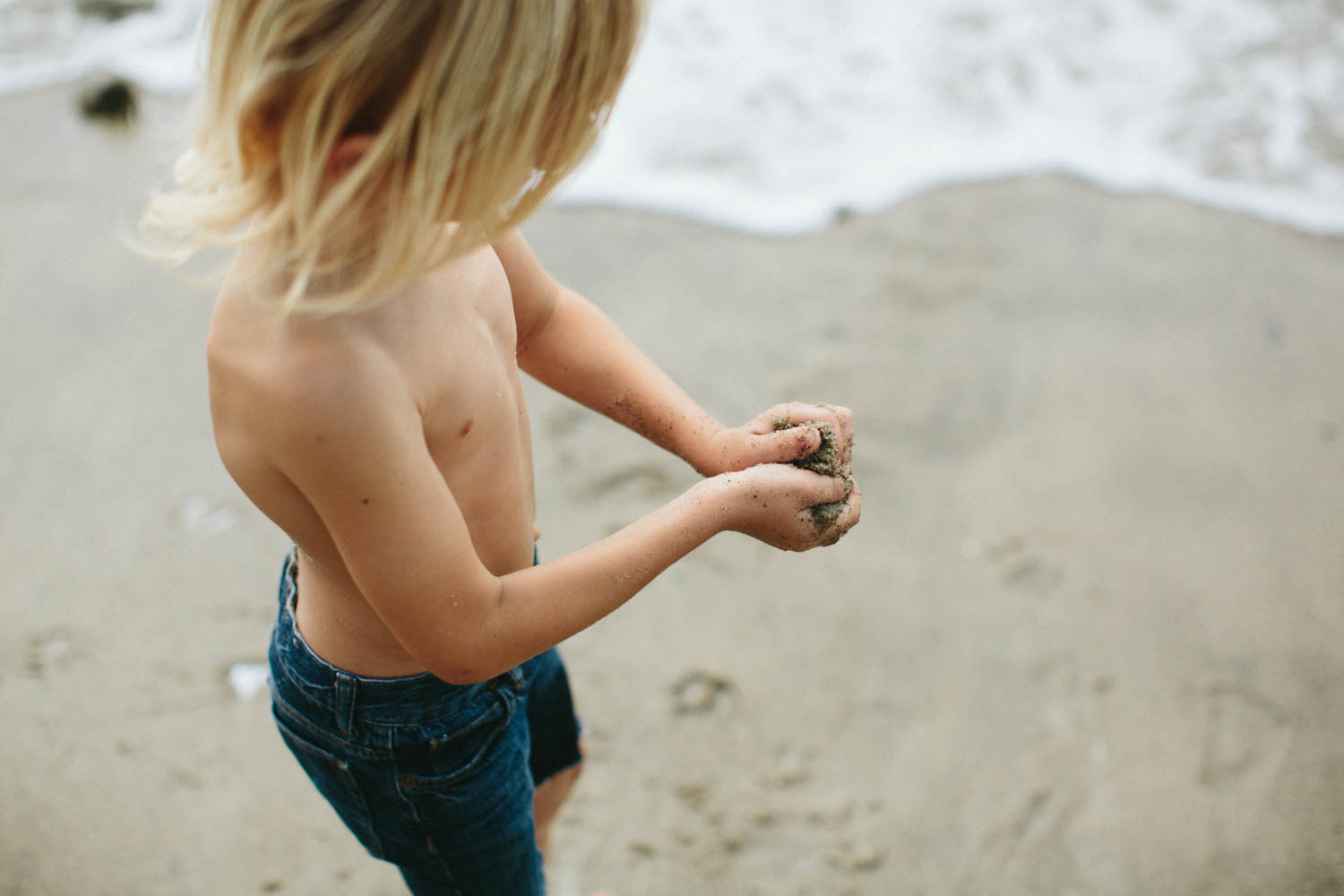 The office walls were practically covered in pictures sent in by previous patients; women and their baby bumps posing with him as well as images of newborns accompanied by the sweetest of thank you cards. Cards that read things like, “Thank you for helping us bring baby X into the world” or “You worked magic on my fertility issues so-much-so that I’m now pregnant again, thank you” and so on and so forth.
The office walls were practically covered in pictures sent in by previous patients; women and their baby bumps posing with him as well as images of newborns accompanied by the sweetest of thank you cards. Cards that read things like, “Thank you for helping us bring baby X into the world” or “You worked magic on my fertility issues so-much-so that I’m now pregnant again, thank you” and so on and so forth.
Little sentiments of gratitude from women that at one time lacked hope and then, BAM, got pregnant and seemingly owed all the good cheer to this unassuming, gentle doctor.
It’s not the first time I’ve done acupuncture. I gave it a try when I was pregnant with Hooper as well. It wasn’t a great experience for a lot of reasons. There was the one session that very nearly made me pass out. I seem to be prone to passing out, especially while pregnant. But the more annoying thing was when the girl who ran the place started texting me on a regular basis to see if I was in labor. She just became one more person to answer to and one more person to have to give the defeated “nope, not in labor yet” news to.
When he – the man in all the pictures that covered the walls like wallpaper – walked in the room I said, “I see you have good results with getting the babies in, do you also have good results with getting them out?”. “Oh yes, we do that too”, he said. I couldn’t seem to find one thank you note that spoke to the exit of said babies… but I wanted to believe him.
I was given the option to sit or lay down and I opted to sit. As he punctured my skin ever-so-slightly with the needles, I could feel my nerves twinge. My index finger started jerking. He told me this was normal. I sat there, the lights off, my fingers twitching, and my palms beginning to get clammy. I know what this means. Next thing I know everything is getting a bit fuzzy. I know I need to lay down but I’m not sure how to maneuver the contraption that is hooked up to the needles that are making my fingers do the jerky dance. I call out for someone to come help.
They unhook me and set me up once again, this time lying down. My vision clears, my hands dry, and my fingers continue with their herky jerky dance. A few minutes later, I’m unhooked, told to call “if” I need another appointment (which truthfully made me giggle internally — I felt like setting up at least five more appointments right then and there), paid $85 (insert big eyes here) and went home to sit on the toilet because beyond a few stomach cramps, I felt nothing.
The desperate part of me wanted to call first thing the next morning and schedule another appointment. But truthfully, I didn’t enjoy it, it wasn’t cheap, and I’m not having any issues with constipation.
And so, as I’m checking things off the ol’ natural induction list, I’m getting more and more comfortable with just waiting and trusting that sometime soon this baby will come. Because, well, it will.
Herky jerky fingers or not.
And so, I figure my days are better spent with my boys, savoring the last of the days where I have a one to one ratio in terms of hands to kids. Hoping that having a third grants me some monkey status, where my feet become equally useful as my hands. That’s a thing, right? Monkey status?
